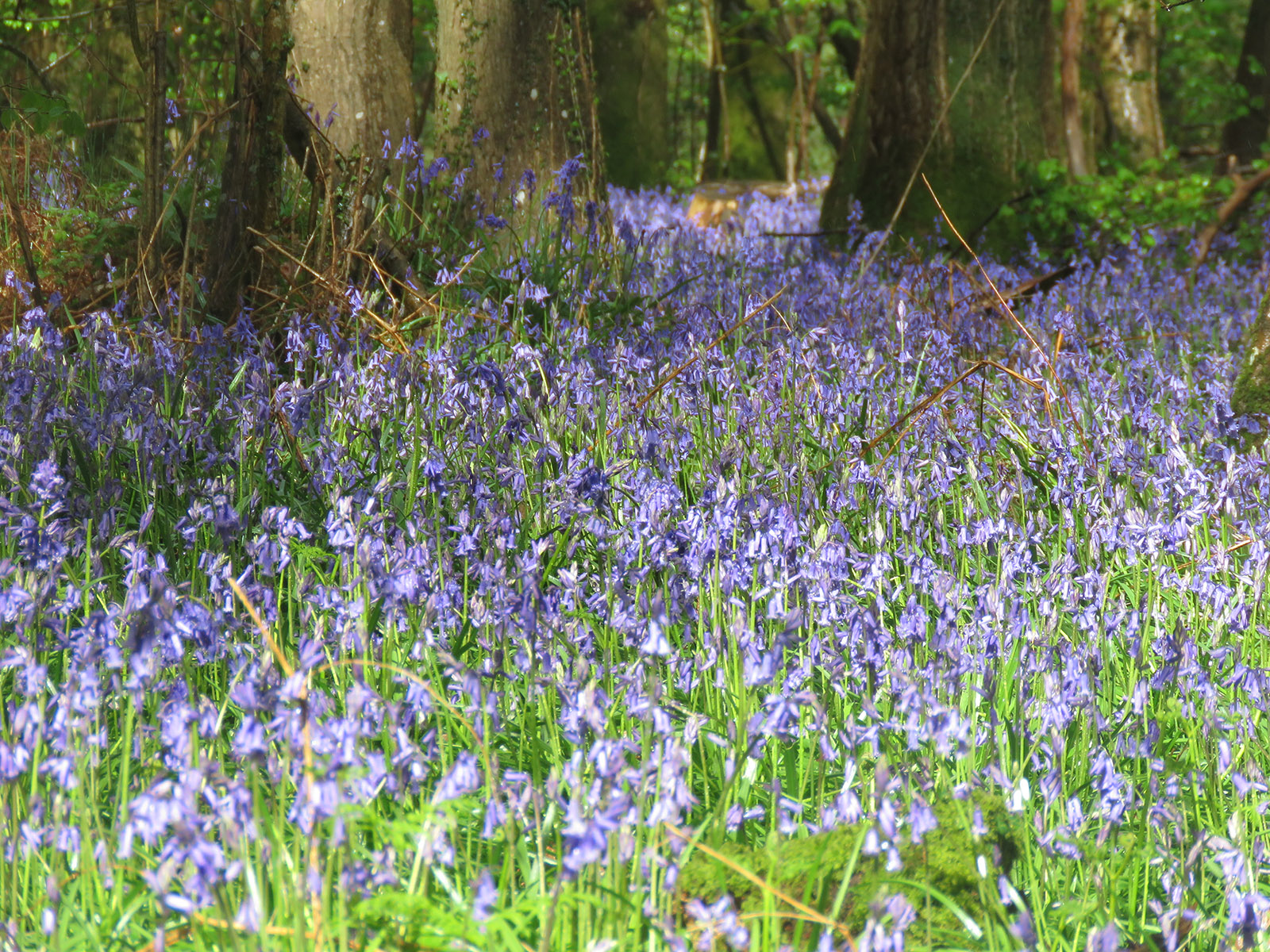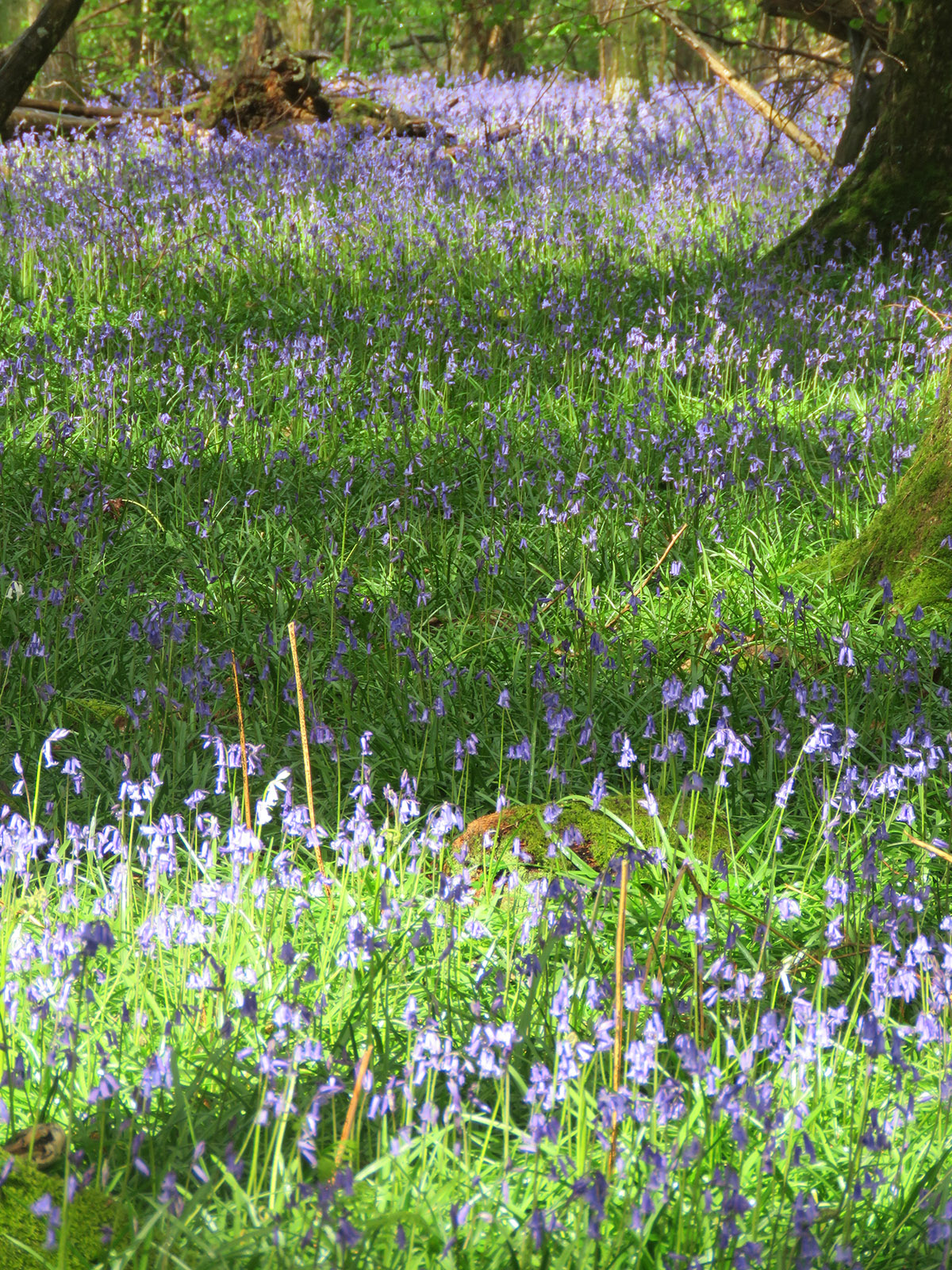- Homepage
- News and Features
- Bluebells and the dangers of eating them
Bluebells and the dangers of eating them
Even though it’s really cold, our colourful friends the orchid family are poking their heads through the turf. Keep an eye out for small rosettes on your golf course, they could be a new orchid waiting to show off – send me pics and I may be able to help with ident.
Your MSM for ecology has been out and about all over the place recently - Muswell Hill, Goodwood, Lewes, Royal-Mid Surrey, Roehampton, The Shire, Saddleworth, Sleaford, Green Drive, West Derby and North Shore have all had the pleasure of my overexcitable nature this past month or so. If you’re a BIGGA member, then send me an email and I may be able to set up a visit in the future.

Bluebells at Bramshaw Golf Club
Don’t eat bluebells. Not that any of you do, but did you know that bluebells and whitebells contain a substance called glycoside and that it’ll make you right poorly if you have it for din? I didn’t, but I do now as I’ve been researching this charming little plant and its benefits to the ecology of a golf course.
Other than being ace to look at, our vivid coloured friend is a foodstuff for pollinating insects, but listen to this, there are types of bee that bite clean through the flower and steal the nectar inside! This means that the robbing bee does not pollinate the next flower it goes to.
And did you know the UK has about half the world’s population of English bluebells? I didn’t know that either – some ecologist I am! In terms of the native vars, look out for ones that droop to one side – these are native. The non-native types are erect, however, we can get a mix of both, which are not always easy to tell apart. The bluebell is protected in the UK under the Wildlife and Countryside Act, 1981, meaning you can’t pick them unless you actually own the plant.
One more thing, and this is right up my street, they are an indicator species for old woodlands as they take years to colonize the ground canopy.
With all this being said, golf courses are an untapped resource for these kind of things. But we knew that anyway.

You can see James Hutchinson in Harrogate on 23rd March in Golf Course Ecology LIVE
Author

James Hutchinson
James Hutchinson is BIGGA’s Ecology and Sustainability expert. With over 30 years greenkeeping and ecology experience, including two years at St Andrews Links Trust as their Environmental Officer, he is well placed to offer guidance and advice to BIGGA members

